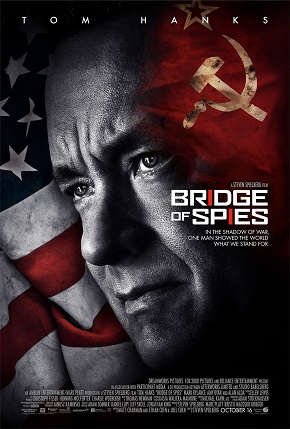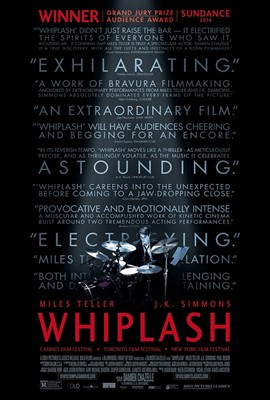12 Strong begins with a montage of terror.
The World Trade Center is bombed in 1993. Planes are bombed. Ships are attacked. Bill Clinton gives a speech in which he impotently condemns Al-Qaeda. Finally, we reach September 11th, 2001. Captain Mitch Nelson (Chris Hemsworth) is playing with his daughter when she suddenly looks up at the TV behind him. “Look, Daddy,” she says. Nelson turns around and sees The World Trade Center on fire.
Even though he’s recently announced his intention to retire, Nelson reports for duty. Despite the skepticism of his commanding officer (Rob Riggle), Nelson and 11 others are sent into Afghanistan. Their mission is to meet up with a warlord named Abdul Rashid Dostum (Navid Negahban) and to capture territory from the Taliban. Nelson is initially given 6 weeks to complete this task. Nelson replies that he’ll get it done in three, before the harsh Afghan winter makes it impossible to move through the mountains.
Among the actors who make up Nelson’s team: Michael Shannon, Trevante Rhodes, Austin Stowell, and Geoff Stults. Fortunately, the cast is made up of familiar faces. Even though you might not learn everyone’s name, you still feel as if you know them because you’ve seen all of them playing similar roles in other movies. (After his performance in Moonlight, it’s a bit disappointing to see Trevante Rhodes playing such a minor supporting role in his follow-up but still, he’s a charismatic actor and he has enough screen presence that he definitely makes an impression.) Somewhat inevitably, Michael Pena plays the funny member of the team. It’s not a 21st century action film without Michael Pena providing comedic relief.
(That’s actually a little unfair to Michael Pena, who is a good actor and who gives a pretty good performance in 12 Strong. It’s just that he’s played this role so many times that it’s almost become a cliché that every action movie will feature Micheal Pena making jokes.)
When the team first meets up with Dostum, there’s immediate tension between the supposed allies. As Dostum puts it, the United States only cares about getting rid of the Taliban but they don’t care about what will happen afterward. When Dostum looks at Nelson, he immediately announces that Nelson does not have killer eyes. Everyone else on the team has killer eyes but not Nelson. Dostum and his men are even less impressed when they see the Americans struggling to ride the horses that are required to get through the mountains. Will Nelson win Dostum’s respect? Will he develop the eyes of a killer?
You probably already know the answer to that. There’s really not a single moment in 12 Strong that you won’t see coming. As soon as Dostum says that Nelson needs to prove himself in battle, you know that he’ll get a chance to do just that. As soon as another soldier talks about home, you know that he’s going to be seriously wounded. When you first spot the child soldiers among Dostum’s forces and you see one of them give Nelson a nervous smile, you know that child’s probably going to be one of the first casualties of the attack.
12 Strong is a predictable movie but that doesn’t necessarily mean that it’s a bad one. It’s a well-made film, with the cast all giving strong performances and director Nicolai Fuglsig doing a good job with the battle scenes. My heart was racing during the film’s final battle. New Mexico doubled for Afghanistan and the film features some truly stunning shots of the mountainous landscape. The film even makes a point about why, after 17 years, there still doesn’t appear to be any end in sight to the War in Afghanistan.
Clocking in at 2 hours and 9 minutes, 12 Strong is probably about thirty minutes too long. It’s a predictable movie but it’s well-made and the fact that it’s based on a true story does make it a bit more poignant than it would be otherwise. It’s not a bad war film, particularly for January.


